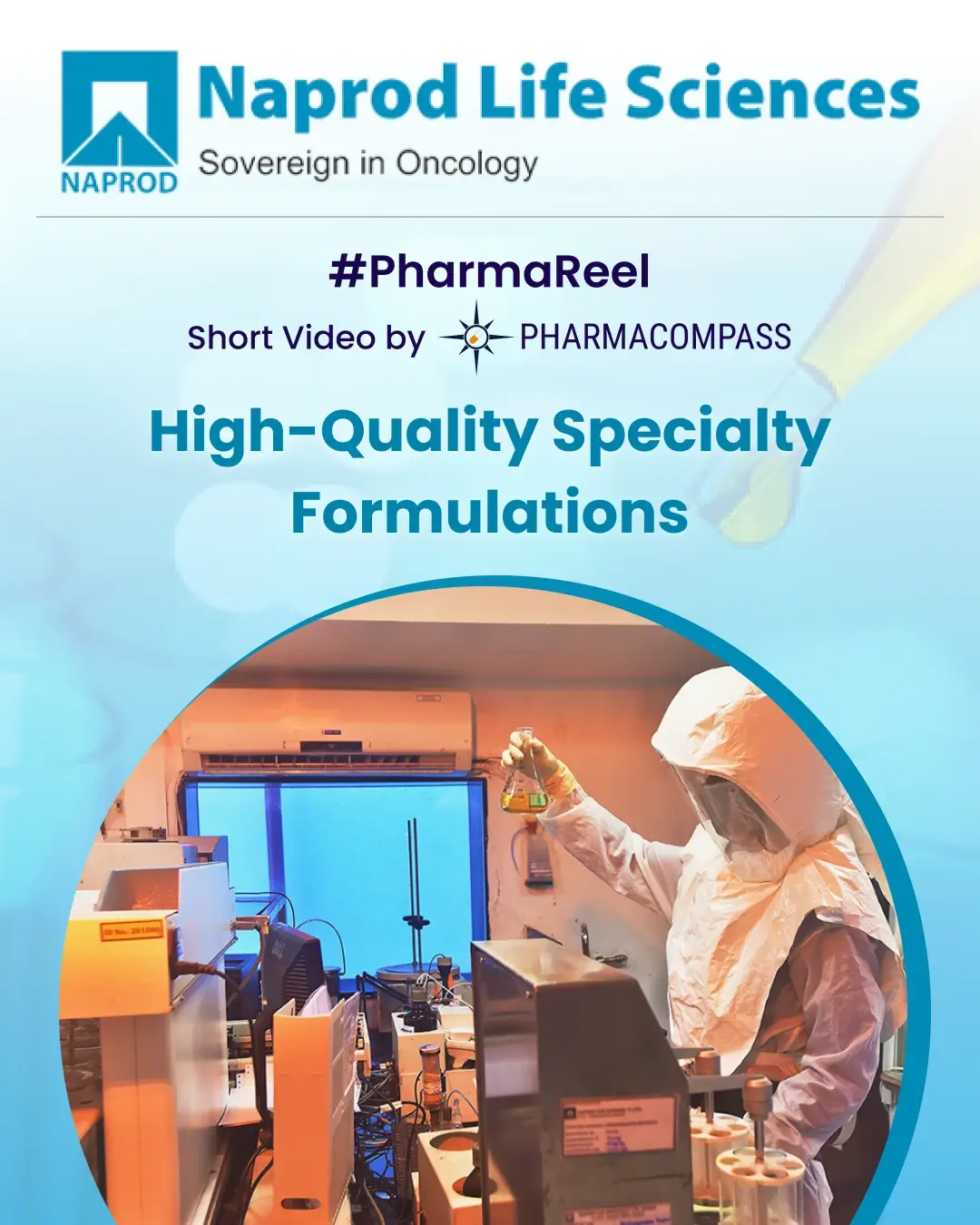
This week in Phispers, we bring you news about intepirdine, Axovant’s experimental drug for Alzheimer’s disease, on which both patients and investors had vested much faith. The drug failed primary endpoints. Meanwhile, Pfizer is emulating the Axovant strategy as it split four of its clinical-stage orphan drugs into a new company. There was more bad news for Biocon-Mylan, as Amgen filed a patent infringement case against Mylan in the US. Novartis’ new CEO says it will reduce the development cost of drugs by relying on data science. And, there is news on NASH drugs and on merger talks between Amneal and Impax Labs.
Axovant disappoints investors; its Alzheimer’s drug fails primary endpoints
After two years of brouhaha by investors, Axovant’s experimental drug intepirdine, as a treatment for mild to moderate Alzheimer’s disease, turned out to be a damp squib.
The experimental drug did not meet its co-primary efficacy endpoints, a press release issued by Axovant said. The medicine turned out to be no different from 99 percent of medicines tested against Alzheimer’s.
Investors had poured millions of dollars into Axovant. According to an estimate compiled by Bloomberg, intepirdine was expected to generate more than US$ 2 billion in sales for Axovant by 2023.
But that was not to be. At 24 weeks, patients treated with 35 mg of intepirdine did not improve on either of two surveys — the Alzheimer’s Disease Assessment Scale-Cognitive Subscale (ADAS-Cog) and the Alzheimer’s Disease Cooperative Study-Activities of Daily Living scale (ADCS-ADL) — compared to patients treated with placebo.
Back in 2015, Axovant — a company founded by Vivek Ramaswamy — had bought intepirdine from GlaxoSmithKline for US$ 5 million and launched Axovant’s US$ 315 million IPO around the drug. That’s when PharmaCompass had raised the question — has 29 year-old Ramaswamy shown GlaxoSmithKline that it made a billion dollar mistake by selling of its old Alzheimer drug to him?
In April this year, Ramaswamy stepped down as CEO of Axovant by appointing former chief executive of Medivation, David Hung, in his place. Medivation got sold to Pfizer for US$ 14.3 billion last year.
Last month, Ramaswamy’s Roivant (Axovant’s biggest shareholder) raised US$ 1.1 billion from big investors lead by Softbank’s Vision Fund. Roivant also raised millions of dollars from hedge funds like Viking Global Investors. These investments diluted the stakes of Ramaswamy and other initial investors in Roivant.
But Ramaswamy is laughing all the way to the bank. Through divestments, he has secured a war chest for Roivant, which has been spinning out new companies with names ending with ‘vant’ — such as Axovant (neurology), Myovant (women's health and endocrine diseases), Dermavant (dermatology), Enzyvant (rare diseases), and Urovant (urology).
Pfizer emulates Axovant; Ibrance maybe a US$ 5 billion
drug next year
Even as Axovant’s intepirdine failed to meet primary endpoints, the American pharmaceutical behemoth Pfizer seems to have taken a leaf out of its strategy book.
Pfizer’s R&D strategy executive Lara Sullivan gained the company’s support to split four of its clinical-stage orphans into a new company called SpringWorks Therapeutics.
And much like Axovant, Pfizer too is starting out with a mega-round of US$ 103 million in venture capital funding. SpringWorks is getting considerable financial support from Pfizer and funds like Bain Capital Life Sciences, Bain Capital Double Impact, Orbimed and LifeArc.
Pfizer has spent US$ 24 billion over the past three years on R&D, the third highest R&D spend amongst pharma companies. Along with drug-focused acquisitions, Pfizer has spent US$ 43 billion in the same period.
Ibrance to brighten up Pfizer’s fortunes: Meanwhile, Pfizer’s breast cancer drug Ibrance now competes with Novartis’ Kisqali. It will also compete with Lilly’s forthcoming drug abemaciclib.
Though side effects are an issue for all the three drugs, Ibrance is expected to brighten up Pfizer’s fortunes. According to Morgan Stanley, Ibrance could bring in sales of US$ 939 million in the third quarter and US$ 1 billion in the fourth quarter, leading to US$ 3.5 billion in sales for 2017. And in 2018, Ibrance could fetch US$ 4.85 billion in sales.
Novartis vows to slash drug development costs, while FDA terms system ‘broken’
The time and cost of taking a medicine from discovery to market has for long been seen as a drag on the pharmaceutical industry’s performance. The process has been estimated to take up to 14 years and cost at least US$ 2.5 billion.
Last week, Janet Woodcock, director of FDA’s Center for Drug Evaluation and Research, said the clinical trials system is “broken” and there needs to be new ways to collect and utilize patient data. She was speaking at a workshop on real world evidence (RWE) at the National Academies of Sciences, Engineering, and Medicine.
This week, the incoming chief executive of Novartis, Vas Narasimhan, has vowed to slash drug development costs, and save up to 25 per cent on multibillion-dollar clinical trials as part of a “productivity revolution” at the company.
Quoting analysts, Narasimhan said between 10 and 25 per cent of trial costs could be reduced if digital technology were used to carry them out more efficiently. The Swiss drug major has 200 drug development projects under way and is running 500 trials. Therefore, digital technology “will have a big effect if we can do it at scale,” he added.
Narasimhan plans to partner with, or acquire, artificial intelligence and data analytics companies, to supplement Novartis’s strong but “scattered” data science capability.
After
Pfizer, Takeda may soon exit Brazil; seeks suitors for Multilab
Not long ago, Brazil was one of the hottest emerging markets for drugs, and big pharma were lining up to cash in on this opportunity. Today, Brazil is in the midst of a historic recession that has dampened drug demand.
In July this year, Pfizer relinquished its 40 percent stake in the Brazilian generic drug firm — Laboratório Teuto Brasileiro — for a paltry 1 Brazilian Real (or US$ 0.30) to the heirs of the company. Pfizer had acquired the stake for US$ 240 million back in 2010.
And this month, it looks like Japan's largest pharmaceutical company Takeda is following Pfizer’s footsteps and is going to dispose off its 2012 acquisition of Multilab laboratory (which it had acquired for Brazilian Real 500 million or US$ 158 million). According to news reports, Takeda may recover only a fifth of its original investment (of Brazilian Real 100 million or US$ 31.57 million).
Takeda is expected to receive proposals for Multilab from mutual funds and domestic companies with similar business interests.
FDA issues warning on Ocaliva (obeticholic acid) use; Allergan’s NASH drug also stumbles
The US FDA issued a warning as 19 patients died after taking Intercept’s liver disease drug Ocaliva. The company responded by saying the dosing administered was incorrect.
In most cases, the exact cause of death wasn’t known. But seven of the patients who died were taking Ocaliva more frequently than recommended, the FDA said.
Earlier this month, Intercept had warned doctors that Ocaliva can cause injuries, organ failure, or death if it’s not used exactly as intended in patients with primary biliary cholangitis, a relatively rare liver condition for which the drug was approved last year.
The company says it is working with the FDA on revised labeling aimed at more clearly indicating the recommended dosing regimen for all patients.
Intercept is in the final stages of testing Ocaliva for nonalcoholic steatohepatitis, or NASH, a silent disease in which the liver gets inflamed and damaged due to a buildup of fat. Dozens of pharma companies including Gilead Sciences, Allergan and Intercept Pharmaceuticals are trying to develop a treatment for the disease. Over the last two years, at least six deals valued at US$ 3.52 billion or more have taken place involving drugs that target various aspects of NASH.
Meanwhile, Allergan’s Cenicriviroc (CVC) showed mixed results in a Phase 2b clinical trial. CVC is facing trials for the treatment of liver fibrosis in adult NASH patients. The trial involved a two-year study. According to Seeking Pharma, 20 percent of patients in the placebo arm during year one who crossed over to receive CVC during year two achieved the combined endpoint of reduction in fibrosis by at least one stage and no worsening of NASH compared to 13 percent for those who continued on placebo.
However, “there was no difference between CVC and placebo in patients who remained on treatment for two years as determined by the composite endpoint,” it added.
Another
setback for Biocon/Mylan, as
Amgen files patent infringement case in US
News doesn’t seem to be getting better for the Biocon/Mylan combine. First, they withdrew their applications for the trastuzumab and pegfilgrastim biosimilars from Europe. And then, the FDA extended the target action date for their trastuzumab biosimilar.
Now, the duo will be facing Amgen in court to defend themselves in a patent infringement case. Last week, Amgen filed a complaint for patent infringement under the Biologics Price Competition Innovation Act (BPCIA) against Mylan, which is developing a biosimilar of its drug Neulasta (pegfilgrastim).
Approval delays, spiraling compliance costs and now litigation expenses won’t help the profitability of Mylan-Biocon’s endeavors.
In Europe, competition is already moving ahead as the EMA’s Committee for Medicinal Products for Human Use recommended the approval of Samsung’s Herceptin-referencing biosimilar Ontruzant.
This is the fourth patent litigation under the BPCIA regarding a proposed biosimilar of Neulasta, none of which are yet FDA-approved.
Amneal in merger talks with Impax
Laboratories
Analysts have been predicting a consolidation in the world of generics. According to reports, Impax is in merger talks with generics competitor Amneal Pharmaceuticals. The deal would value Impax at US$ 2 billion or more. According to FiercePharma, the talks could result in a deal next month.
Impax is headed by Paul Bisaro (who quit Allergan to join Impax in March this year). He has considerable experience in M&As. Last year, Bisaro sold off part of Allergan’s business to Teva Pharmaceuticals in a US$ 40.5 billion deal.
And last month, Shanghai Fosun Pharmaceutical picked up a 5.2 percent stake in Impax. Amneal, on the other hand, is owned by Chintu and Chirag Patel.
The PharmaCompass Newsletter – Sign Up, Stay Ahead
Feedback, help us to improve. Click here
Image Credit : Why by Ksayer1 is licensed under CC BY 2.0
“ The article is based on the information available in public and which the author believes to be true. The author is not disseminating any information, which the author believes or knows, is confidential or in conflict with the privacy of any person. The views expressed or information supplied through this article is mere opinion and observation of the author. The author does not intend to defame, insult or, cause loss or damage to anyone, in any manner, through this article.”






